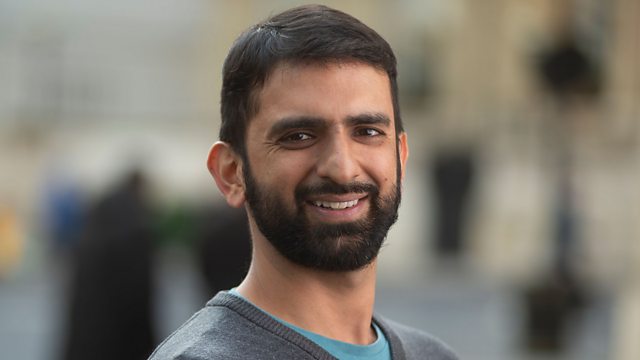Facing Facts
In the past when people often carried facial scars, were we more tolerant of difference or more judgemental? New Generation Thinker Emily Cock looks at portraits and medical texts.
Earlier periods of history have seen more people with scarring to their faces from duelling injuries and infectious diseases but what stopped this leading to a greater tolerance of facial difference? Historian Emily Cock considers the case of the Puritan William Prynne and looks at a range of strategies people used to improve their looks from eye patches to buying replacement teeth from the mouths of the poor, whose low-sugar diets kept their dentures better preserved than their aristocratic neighbours. In portraits and medical histories she finds examples of the elision between beauty and morality. With techniques such as ‘Metoposcopy’, which focused on interpreting the wrinkles on your forehead and the fact that enacting the law led to deliberate cut marks being made - this Essay reflects on the difficult terrain of judging by appearance.
Emily Cock is a Leverhulm Early Career Fellow at the University of Cardiff working on a project looking at Disfigurement in Britain and its Colonies 1600 – 1850.
You can hear her discussing her research with Fay Alberti, who works on facial transplants, in a New Thinking podcast episode of the Arts & Ideas podcast called About Face /programmes/p080p2bc
New Generation Thinkers is a scheme run by �鶹�� Radio 3 and the Arts and Humanities Research Council to select ten academics each year to turn their research into radio.
Producer: Alex Mansfield
Last on
More episodes
Broadcast
- Mon 6 Jul 2020 22:45�鶹�� Radio 3
Featured in...
![]()
Arts
Creativity, performance, debate
Death in Trieste
Watch: My Deaf World
The Book that Changed Me
Five figures from the arts and science introduce books that changed their lives and work.
Podcast
-
![]()
The Essay
Essays from leading writers on arts, history, philosophy, science, religion and beyond.






